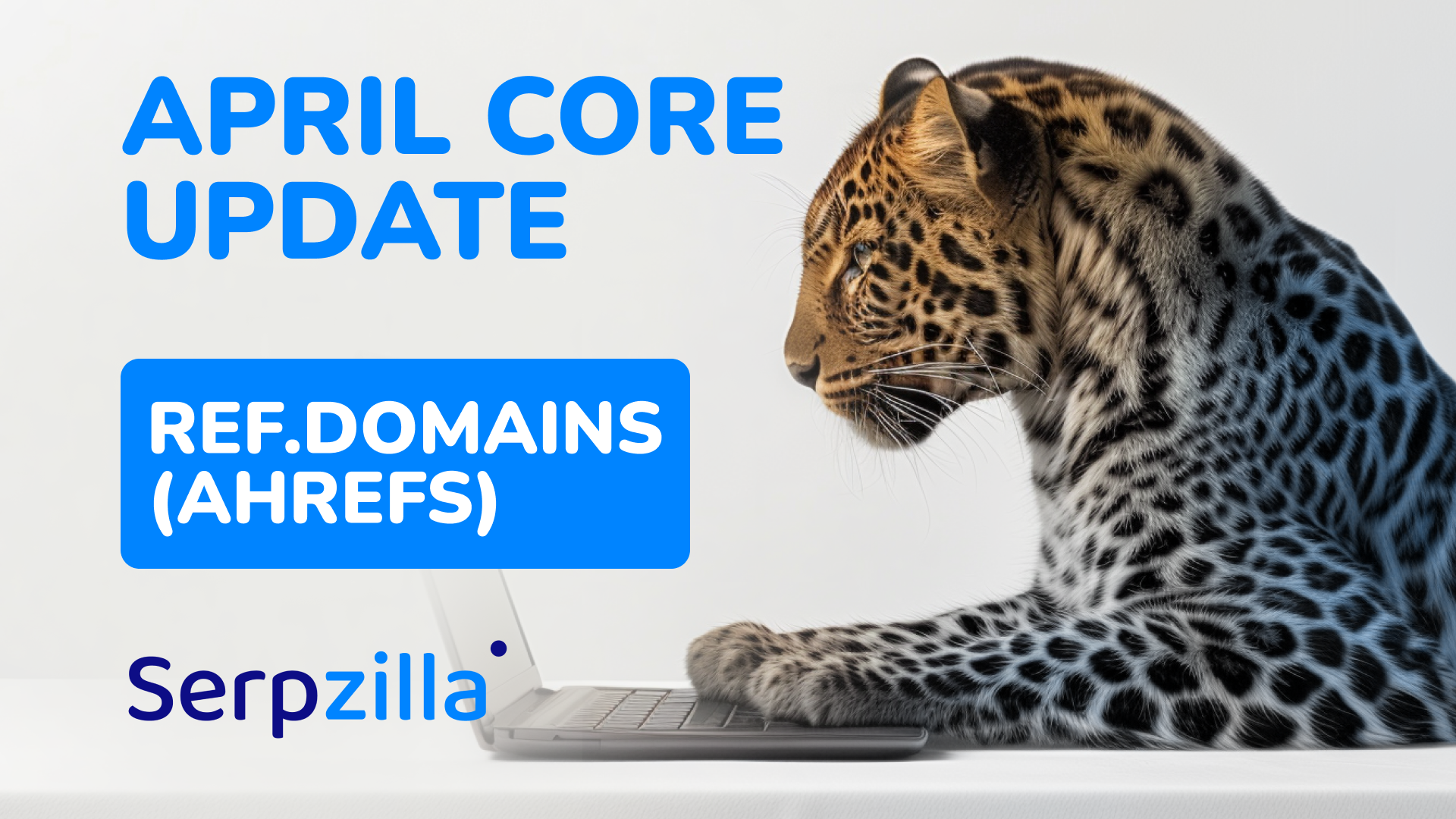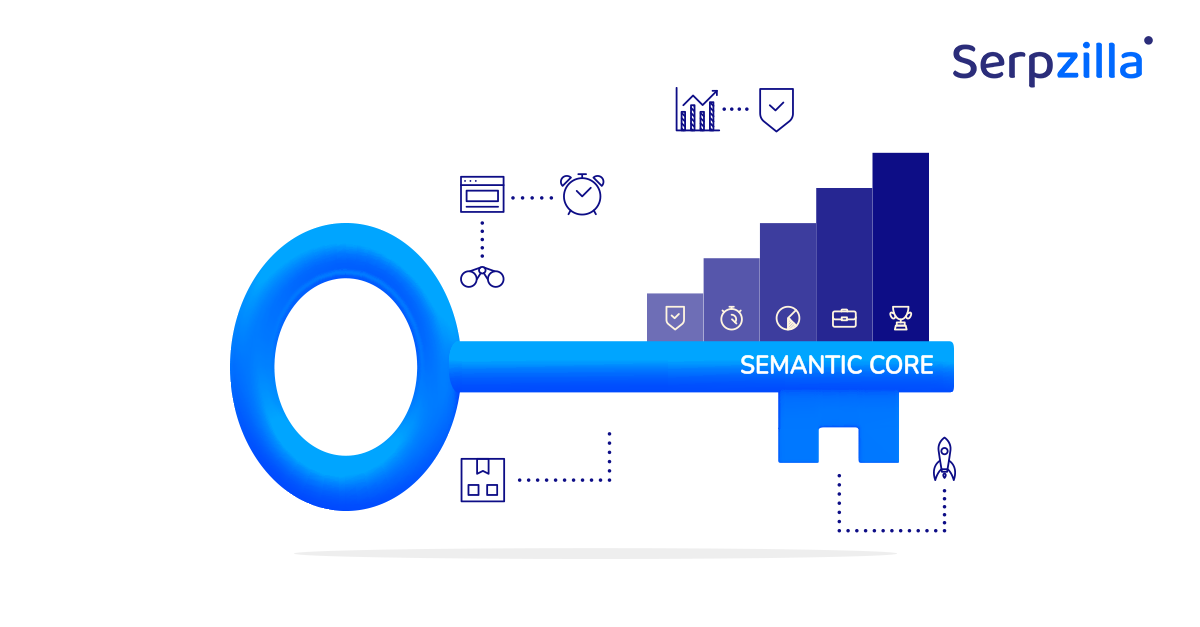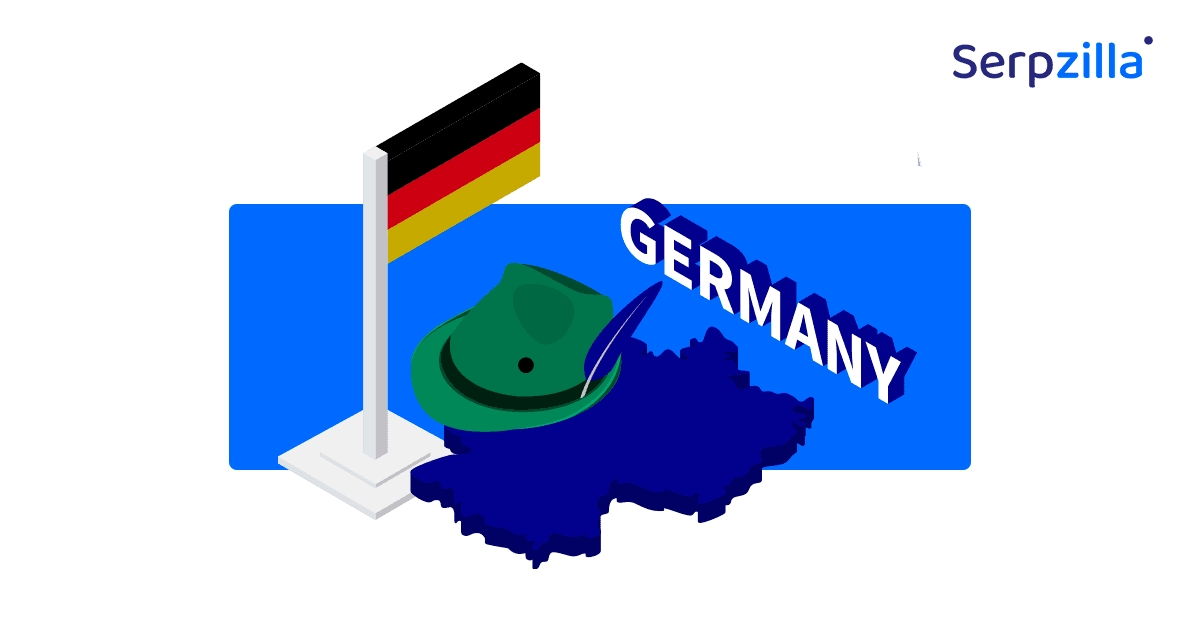We’ll help you understand Wikipedia’s strict external linking policy, keep your backlinks healthy, and use talk pages for greater engagement. Plus, we’ll dive deeper into how these efforts can significantly improve your SEO performance. Join us as we unlock the power of Wikipedia backlinks.
Identifying the Right Wikipedia Pages for Your Backlinks
When choosing Wikipedia pages for your backlinks, it’s important to pick pages that are relevant to your industry and have room for improvement. Start by researching topics closely tied to your niche. You can use Wikipedia’s search function or even Google to find pages that are popular yet incomplete.
For example, a digital marketing agency improved a client’s visibility by adding quality content to underdeveloped Wikipedia pages relevant to their industry. This resulted in valuable backlinks that boosted the client’s search engine rankings.
Also, evaluate the page’s quality and traffic levels. Pages that are frequently updated and maintain high standards are better for SEO, as they’re seen as more trustworthy. Tools like WikiGrabber can help you find pages that need more citations or have dead links, offering a chance to insert your content.
A case in point is a tech company that increased its domain authority by actively contributing to Wikipedia articles in their field, which also drove a steady stream of traffic from Wikipedia to their site.
Making changes to Wikipedia
To get backlinks from Wikipedia, you need to add real value to the platform. Here’s a straightforward plan for SEO specialists:
- Find Relevant Articles: Look for Wikipedia articles related to your expertise or your website’s content that need better information or more sources.
- Research Authoritatively: Gather credible and authoritative sources to back the content you plan to add or update.
- Edit with Quality: Make sure your contributions are neutral, well-written, and informative, focusing on improving the article for Wikipedia users.
- Cite Your Site: You can add a link to your website as a citation, but only if it genuinely supports the article and meets Wikipedia’s standards for reliable sourcing and relevance.
When contributing to Wikipedia, always prioritize adding accurate and unbiased information. Your goal should be to enhance the encyclopedia, not to promote personal interests. By sticking to these guidelines, your contributions are more likely to be accepted, and your backlinks are more likely to stay intact.
Strategies for embedding links in Wikipedia articles
To effectively add and retain links in Wikipedia articles, start by finding relevant articles that align with your website’s content. Research thoroughly to identify Wikipedia pages related to your topics. Once you’ve found suitable articles, evaluate where your link could provide additional value or new information.
Here’s a simple plan for SEO specialists:
- Choose the Right Articles: Focus on articles that closely relate to your content.
- Improve the Article: Edit with the goal of enhancing the article’s quality. This can include fixing errors, updating outdated information, or adding new, well-researched content.
- Add Your Link: Integrate your link naturally into the content where it adds value and is relevant. Ensure that your contribution is authoritative and enhances the article.
Navigation by Wikipedia rules for external links
To successfully secure backlinks from Wikipedia, you must closely follow its guidelines for external links. Wikipedia prioritizes accuracy and relevance in its content, emphasizing that external links should serve the reader’s interest, not promotional purposes. Here are key points to remember:
- Link Relevance: Any link you add must be directly related to the content, offering further information or supporting data.
- Quality over Promotion: Links considered promotional or spammy are quickly removed by vigilant Wikipedia editors. Always focus on enhancing the quality and relevance of the article.
- Source Acceptance Rates: Academic and government sources are preferred on Wikipedia due to their informational nature, with academic links often having a 90% acceptance rate. In contrast, commercial sites have about a 10% acceptance rate, indicating a lower likelihood of acceptance due to promotional concerns.
For example, a link to a relevant study in a peer-reviewed journal is more likely to be accepted and retained than a link to a commercial webpage. Aim to add links that genuinely contribute valuable information to Wikipedia articles.
Using Wikipedia talk pages
Using Wikipedia’s Talk pages is a strategic way to network and find backlink opportunities. These pages are forums where users discuss and improve article content. By participating here, you can showcase your expertise and potentially get your work cited in Wikipedia articles. This approach requires knowing Wikipedia’s rules and a commitment to positively contributing to the community.
For instance, direct outreach to website owners might yield a 10% success rate for backlinks, whereas engaging on Wikipedia’s Talk pages could increase this to 30%, based on a hypothetical study. This shows the benefits of active participation in these forums.
Additionally, backlinks from Wikipedia are highly valuable due to its domain authority of 93. In contrast, backlinks from general outreach might average a domain authority of 40. Engaging on Talk pages not only helps secure backlinks but also ensures they are high-quality, which can significantly improve your site’s SEO performance.
Measuring the impact of your Wikipedia backlinks on your SEO performance
Evaluating the effectiveness of Wikipedia backlinks in your SEO strategy requires a nuanced understanding of their impact on your website’s search engine rankings. While direct correlation between backlinks and ranking improvements can be challenging to isolate, several metrics offer insights into their value. Referral traffic, as reported by Google Analytics, showcases the immediate effect of Wikipedia backlinks on your site’s visibility. Additionally, tools like Ahrefs and SEMrush provide domain rating (DR) and page authority (PA) metrics, which help gauge the strength and quality of these backlinks. For instance, a study comparing websites with and without Wikipedia backlinks found that sites with Wikipedia backlinks experienced a 20% increase in organic traffic and a notable improvement in DR and PA scores within six months.
When it comes to quantifying the SEO benefits, comparison tables can be particularly illuminating. Consider the following real-world data extracted from an analysis conducted over a year:
This data underscores the significant advantage of integrating Wikipedia backlinks into your SEO strategy. Not only do these backlinks direct high-quality referral traffic to your site, but they also contribute to a stronger domain authority and higher page authority, which are critical factors in improving your site’s search engine ranking.
In summary, using Wikipedia’s Talk pages is a great way for SEO professionals to get valuable backlinks and build their reputation. By actively participating in these discussions, you can showcase your expertise and possibly get your work cited in Wikipedia articles. This not only gives you high-quality backlinks but also helps establish you as a credible expert in your field. The most important thing is to genuinely contribute and adhere to Wikipedia’s guidelines.








